Bengal Bios: Experience in Kenya inspires freshman’s quest to help others
Fatuma Sheikh says life goal is to make the world a better place
Rae Taylor
Born in Kenya, Fatuma Sheikh has seen the ravages of war firsthand. She moved to Texas at the age of 5, but her experience in Kenya never left her. She said her goal is to make life better for those in her home country. “This is where I was born,” she said. “This is where I’m from. I can’t, I won’t, just abandon it.”
Sweat dribbles down Fatuma Sheikh’s forehead as fear and adrenaline pump through the starving 5-year-old’s aching body.
She tries to stay quiet in her hiding place deep in the African forest, where she’s huddled with her 11 brothers and sisters, guarded by their father.
Just a few steps away, she can see its sinewy body: the king of the jungle.
Its breath is raspy, its fur dirty, as she catches glimpses through the patches of leaves and branches.
Despite her fear, Sheikh works to stay calm and silent for the safety of her family.
“We had to stay really quiet because one mistake might cost us our lives. I was with a whole bunch of people. We can’t run; if we did, we’d lose each other,” Sheikh said. “We had to go into hiding for hours, and finally we got to go. Luckily, we had friends in the nearby villages.”
Sheikh, now a freshman at Braswell, was born in a Hughardarr, Kenya, where her Somali-born parents fled after war broke out in their country. The first few years of Sheikh’s life were happy; she always had food, water and a place to sleep. Sheikh wasn’t necessarily middle class, but both of her parents had jobs that provided them with enough money to bring a sufficient amount of food to the table. Compared to the lives of those around her, Sheikh was lucky. Her home wasn’t very nice, but it was a house; many others made their homes on the street. Sheikh’s simple life was all that she needed.
Or at least it was until war broke out in Kenya, leaving her family questioning where their next meal would come from or where they would sleep each night.
“The days I spent with my family are my happiest memories,” Sheikh said. “When it came to the war, we had to take care of each other; it brought us closer together. It was a really big part of our lives that really affected my family. I did have 13 siblings — yes, A LOT — but two of them died during the war. They were only 8.”
Sheikh pauses.
“Their life was taken before it even started.”
When she was 5, Sheikh’s family received an invitation to live in America. Jumping at the opportunity, the family moved and has lived in Texas ever since. With the new location came opportunities, but also some culture shock.
“Because we’re Muslim, we can’t show our hair or body parts [except for hands and face] — only our family and the person that we are married to can see,” Sheikh said. “We cover our hair with a hijab, it’s like a head scarf. Most of the people don’t really follow that anymore, though. Since we’ve moved here, people are losing their religion, and it’s harder to keep [the hijab] on since it’s hot here.”
Since she was born in Africa and grew up Muslim, her childhood was different than that of many Americans. When Sheikh was younger, other kids would make fun of her due to her accent, and occasionally total strangers would treat her family disrespectfully. The Muslim family would sometimes be accused of being terrorists.
But the stereotypes don’t bother Sheikh anymore. She’s proud to be who she is.
“I’m proud that I’m outgoing, I like to try new things,” Sheikh said. “If I want to do something, even if it’s hard, I’ll do it because I’m committed. Me being different, even though I sometimes feel like I’m out of place, is a good thing because people get to see me as somebody else and someone who is unique.”
Despite her upbringing, Sheikh claims to have lived a simple life. But the experiences of her family — and admiration for the hardships her parents have endured — have led her on a quest to make others’ lives better.
“I’d like to be the first person in my family from Africa to get a [college] degree and to get a good job,” Sheikh said. “Since we’re not citizens yet, it’s harder for us to be accepted into [college]. So I think it would be an amazing thing if I did this. With a good job, I can get money, which is worth more in Africa than it is here.”
Sheikh wants to help people in Kenya who are in hiding and living in fear, wondering when the next terrorist attack will strike. Bombings and gunfire bring damage to the nearby homes; the area is drier and more toxic, making it hard for food to grow and leading to an increase in the cost of meals; and illness, as a result of war, has caused the death toll to rise.
Right now, Sheikh’s first step in helping the world is through assisting the homeless. Although she doesn’t volunteer at shelters or soup kitchens, Sheikh makes sure to give money, food or water to those she passes on the street. Her generosity has helped many people stay fed and hydrated. Sheikh said even if she was starving, she would give up her meal for a stranger on the street.
“One day, I want to go back and actually try to build my home back up. People have been there and tried, but I want to bring back government,” Sheikh said. “I’ll give people a place to sleep and teach them how to farm so that they will never run out of something to eat. I don’t want people to be starving every day.
“This is where I was born. This is where I’m from. I can’t, I won’t, just abandon it.”
Your donation will support the student journalists of Braswell High School. Your contribution will allow us to purchase equipment and cover our annual website hosting costs.

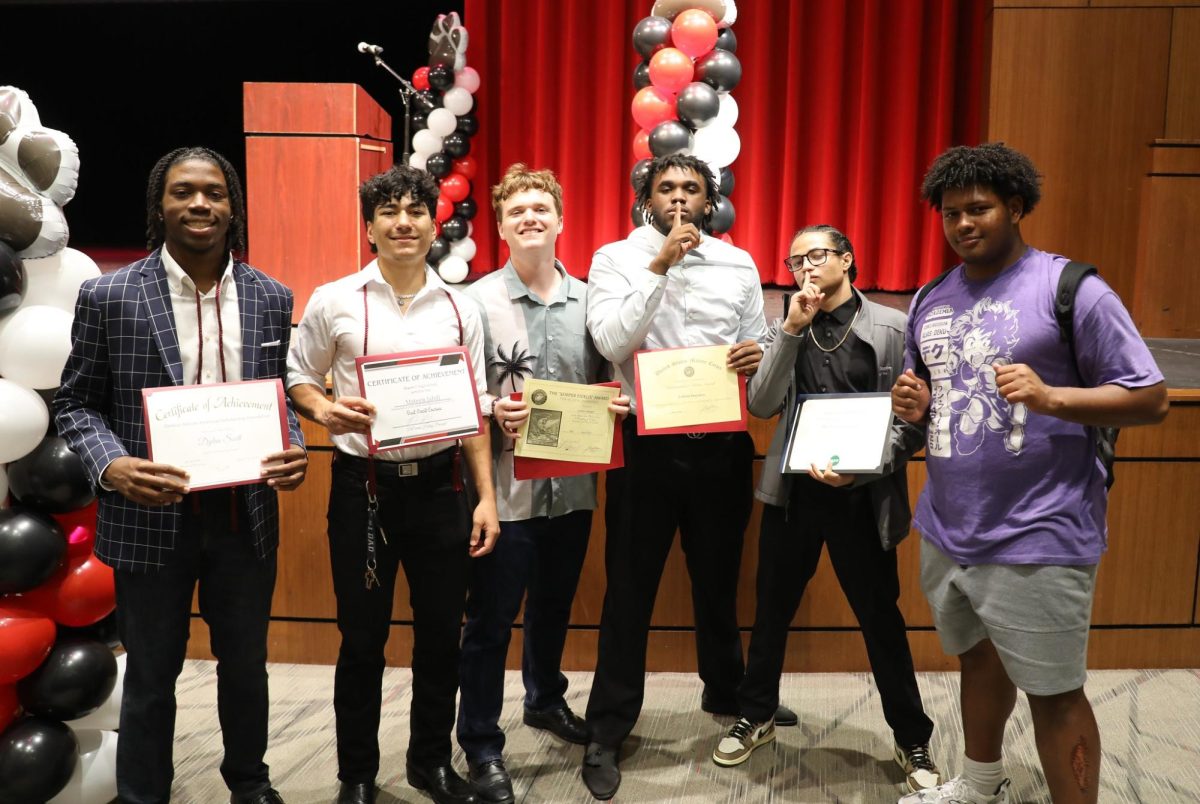


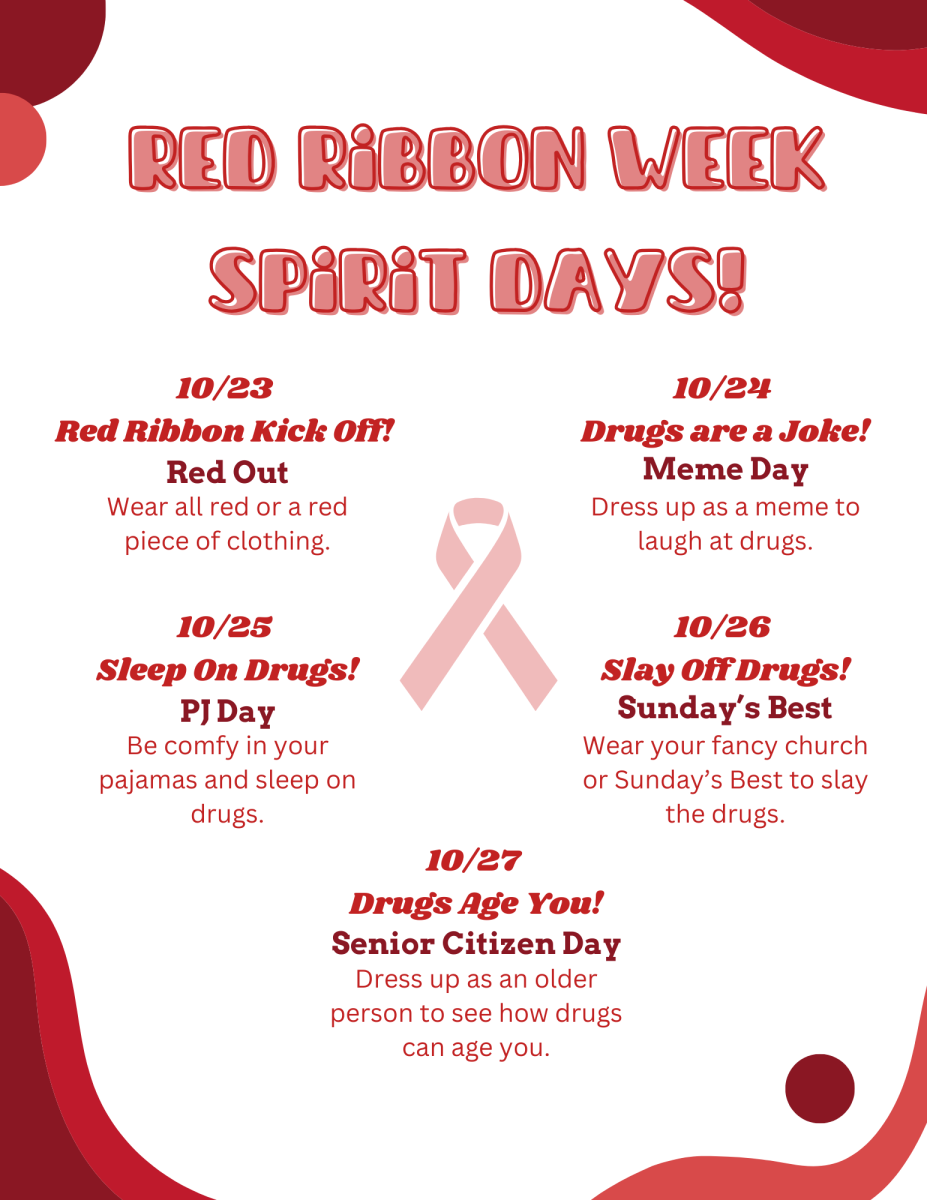





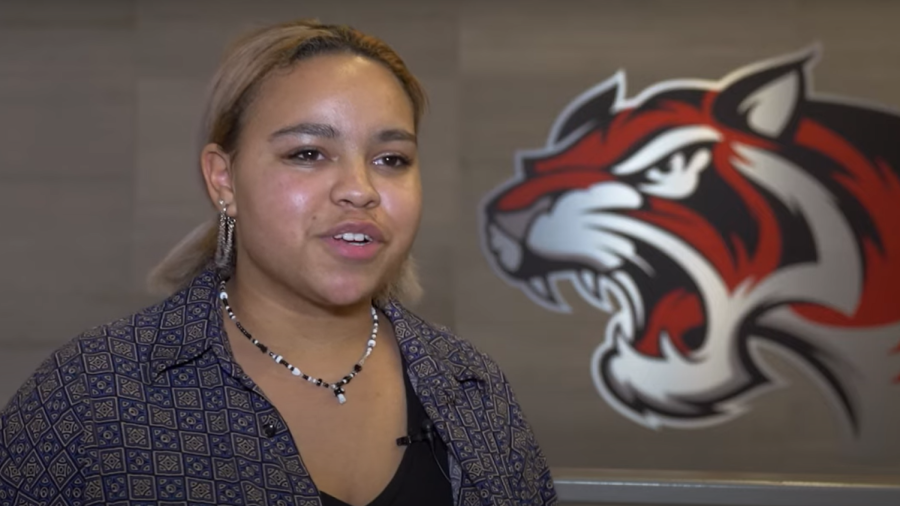


























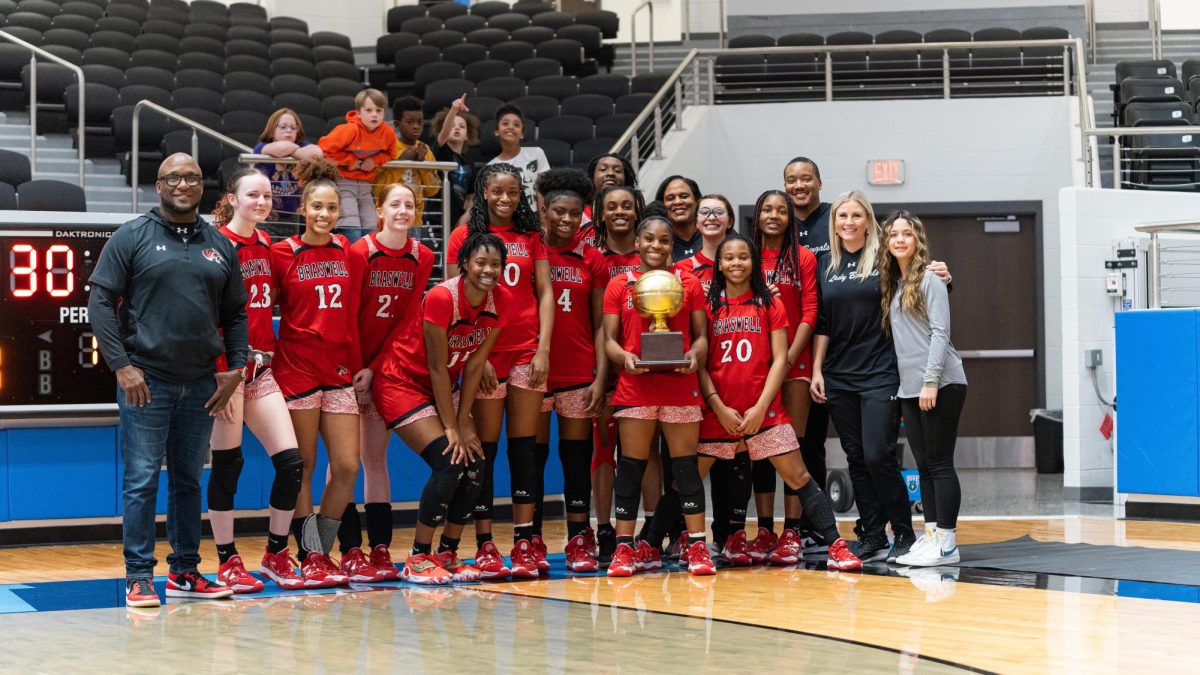





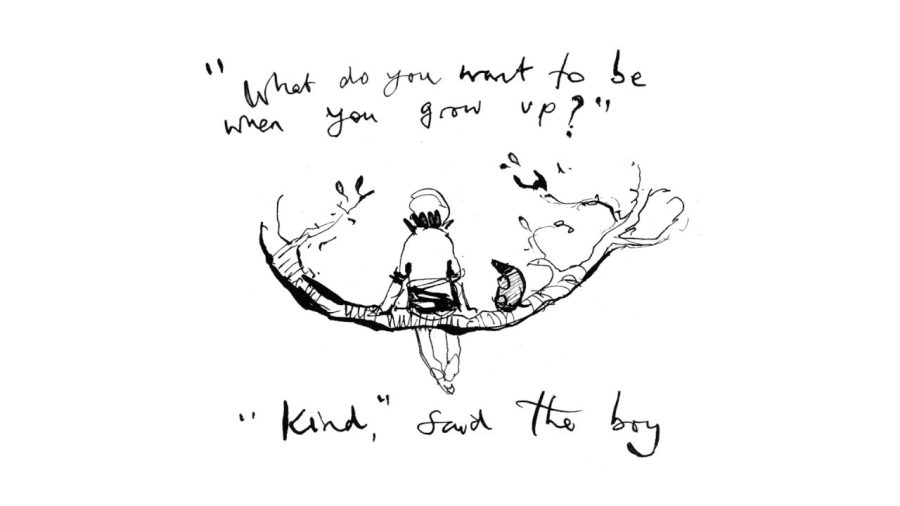


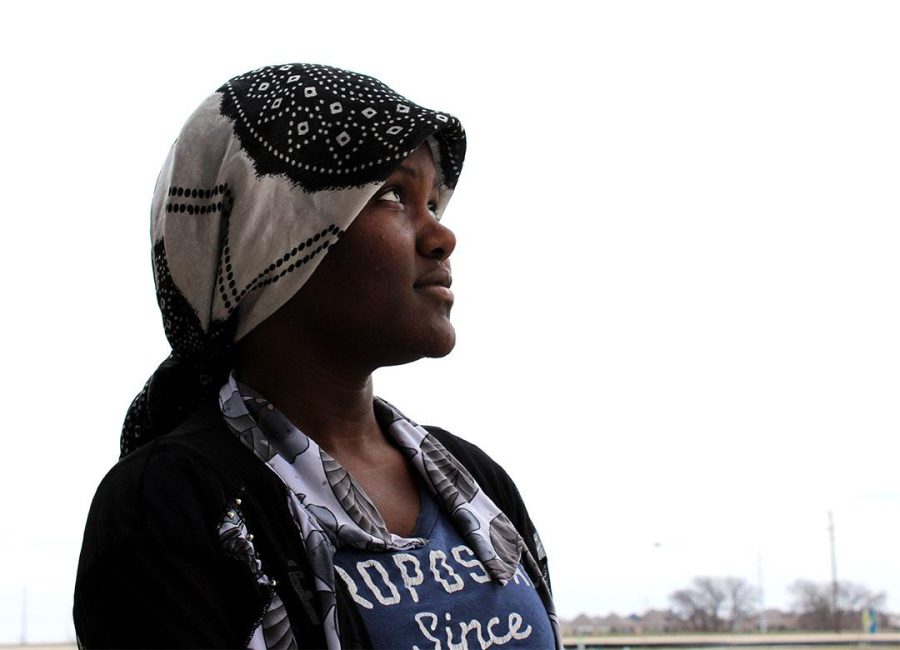
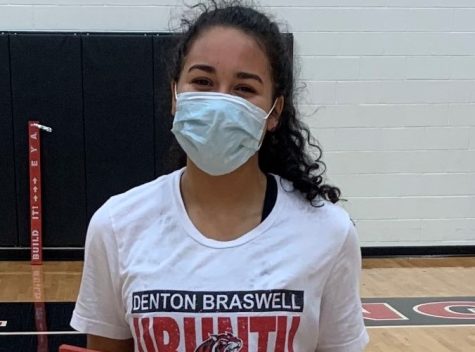







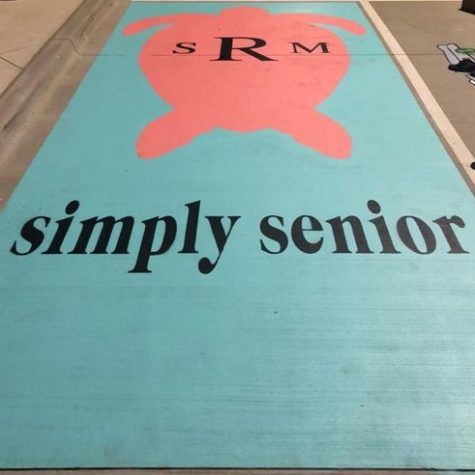

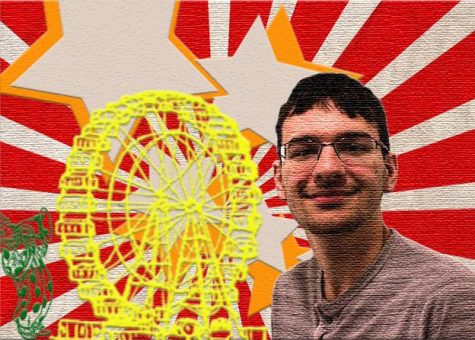
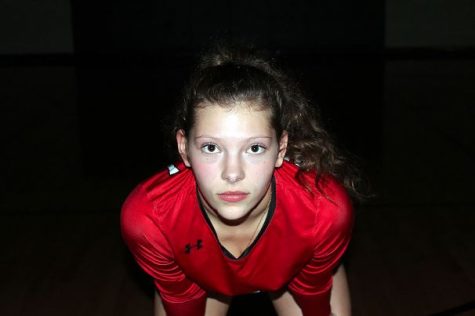

![Junior Kylei Powell describes herself as a creative person who loves art and literature. Sometimes I can spend up to an hour drawing, and I can [also] spend all day drawing, she said.](https://braswellmedia.org/wp-content/uploads/2017/01/powell-475x316.jpg)